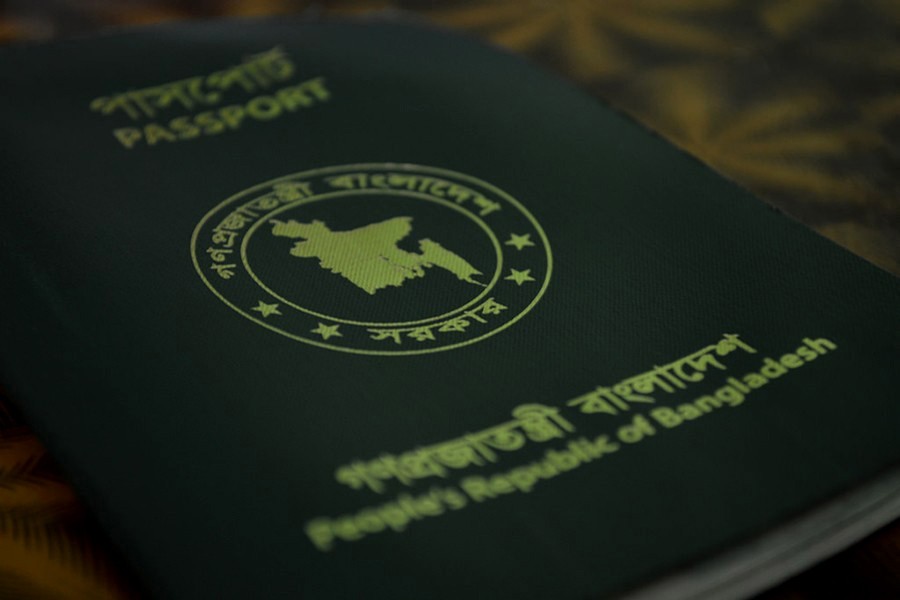Bangladeshi travellers have been eagerly waiting for the distribution process of electronic passports or e-passports to begin in the country.
Home Minister Asaduzzaman Khan Kamal told reporters on May 18, "Preparations to start e-passport distribution are almost complete. We hope we will be able to start it from July 01."
One hopes the deadline will this time be maintained. The schedule for distribution of e-passports was initially set for December 2018. It was then moved to March of this year, then June and finally, to July 01. DIP sources told the media that the delays were due to the time taken for arranging the funds for the project and other complications.
In June of last year, the Executive Committee of the National Economic Council (Ecnec) approved a project to manufacture 30 million high-tech Electronic Passports as these are more secure and acceptable around the world. The e-passports will also have 10-year validity, as against five-year validity of MRPs.
On July 19, 2018 Bangladesh's Department of Immigration and Passports (DIP) Director General Maj Gen Md Masud Rezwan and Germany's Veridos CEO Hans Wolfgang Kunz signed the deal on behalf of their respective governments in Dhaka on the day.
The Tk 46.36 billion-worth project titled "Introduction of e-Passport and Automated Border Control Management in Bangladesh" is being financed by the Bangladesh government. Under the contract, Veridos, a German company with expertise in e-passport solutions, will provide all kinds of support including supplying security papers for e-passports to installing and implementation of e-Gates at airports and land ports from July 2018 till June 2028. The deal also includes the set-up of a high-tech local passport factory.
Bangladesh will be the 119th country in the world to implement this system.
Unlike the Machine Readable Passports (MRPs), the e-passport will have in it a microprocessor that will store a digital version of the ID photo and other ID data along with biometric information like digital fingerprints, retina scan etc. As a result, e-passports cannot be forged. This is one of the reasons why some countries, including Germany, do not accept MRPs which are not so secure.
In countries where e-passports are in circulation, travellers walk up to the e-passport gates of airports or at border points with their e-passports. After placing their passports on the digital reader, they walk into the scanner where their digital data are scanned and matched with the information in the microprocessor on the passport. If all the information is accurate, travellers are allowed to pass through.
According to DIP statistics, there are nearly 20 million MRP-holders in Bangladesh. During renewal, e-passports will gradually replace the MRPs in circulation.
It is understandable that replacing all these MRPs will take a considerable amount of time. Initially, the e-passports will be provided only in Dhaka. Later, these will be distributed through regional passport offices, embassies or high commissions.
Nevertheless, the distribution of e-passports will usher in a new era for Bangladesh in border security and control.
tashfinster@gmail.com


